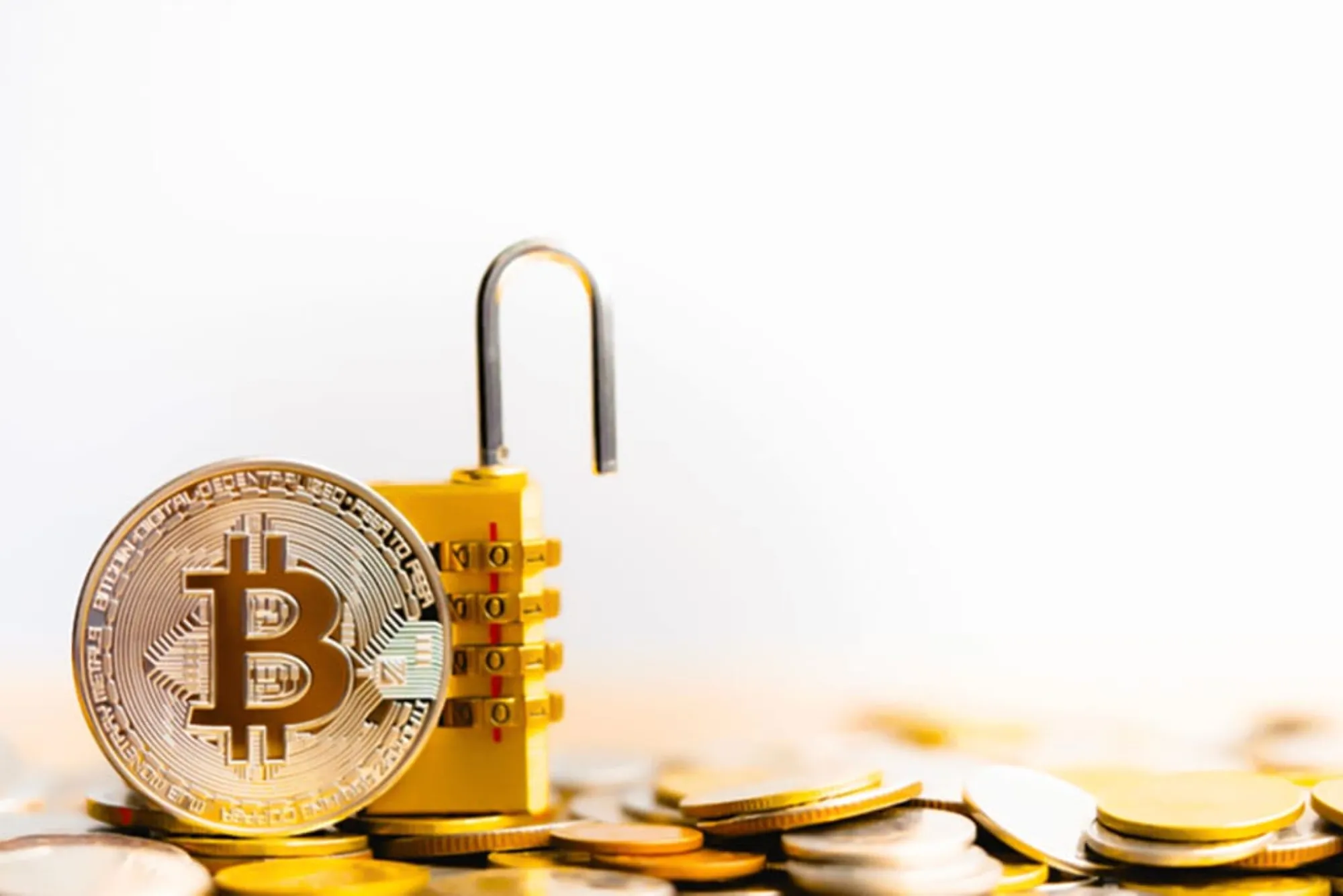How Safe Are Cryptocurrencies
Cryptocurrencies have become a global phenomenon, attracting both enthusiastic supporters and cautious skeptics. While the potential for high returns draws many investors, concerns about safety and security persist. Understanding the risks and how to protect your digital assets is crucial for anyone interested in the world of cryptocurrencies.
What are Cryptocurrencies?
Cryptocurrencies are digital or virtual currencies that use cryptography for security. Unlike traditional currencies issued by governments (fiat money), cryptocurrencies operate on decentralized networks based on blockchain technology. The most well-known cryptocurrency is Bitcoin, but there are thousands of other cryptocurrencies, each with unique features and use cases.
Blockchain Technology: The Backbone of Cryptocurrencies
Blockchain is a distributed ledger technology that records all transactions across a network of computers. This decentralized structure ensures that no single entity has control over the entire blockchain, making it secure and transparent. Each transaction is encrypted and added to a “block,” which is then linked to previous blocks, forming a “chain.”
Risks Associated with Cryptocurrencies
Despite their potential, cryptocurrencies come with various risks that investors should be aware of:
Market Volatility
Cryptocurrency prices can be extremely volatile, with significant price swings occurring within short periods. This volatility can lead to substantial gains or losses for investors. Unlike traditional financial markets, the cryptocurrency market operates 24/7, contributing to its unpredictable nature.
Security Threats
While blockchain technology is inherently secure, the platforms and exchanges where cryptocurrencies are bought, sold, and stored can be vulnerable to hacking and fraud. High-profile security breaches have resulted in the loss of millions of dollars worth of cryptocurrencies.
Regulatory Uncertainty
Cryptocurrencies exist in a regulatory gray area in many parts of the world. Governments and financial institutions are still figuring out how to regulate and manage these digital assets, leading to potential legal and compliance risks for investors.
Scams and Fraud
The cryptocurrency market is rife with scams, including Ponzi schemes, fake ICOs (Initial Coin Offerings), and fraudulent exchanges. Investors must be cautious and conduct thorough research before investing in any cryptocurrency project.
How to Safeguard Your Cryptocurrency Investments
Given the risks, it’s essential to take measures to protect your cryptocurrency investments. Here are some key steps:

Use Reputable Exchanges
Choose well-known and reputable cryptocurrency exchanges for buying and selling digital assets. Look for platforms with strong security measures, such as two-factor authentication and cold storage for funds.
Secure Your Wallets
Cryptocurrency wallets come in various forms, including hardware wallets, software wallets, and paper wallets. Hardware wallets are considered the most secure option, as they store your private keys offline. Ensure your wallets are properly secured with strong passwords and encryption.
Enable Two-Factor Authentication (2FA)
Two-factor authentication adds an extra layer of security to your accounts. Even if someone obtains your password, they would still need a second form of verification, such as a code sent to your mobile device, to access your account.
Be Wary of Phishing Scams
Phishing scams are attempts to steal your personal information by pretending to be a trustworthy entity. Always verify the authenticity of emails and websites before entering sensitive information. Avoid clicking on suspicious links or downloading attachments from unknown sources.
Diversify Your Portfolio
Just like traditional investments, diversifying your cryptocurrency portfolio can reduce risk. Don’t put all your funds into a single cryptocurrency. Spread your investments across different assets to mitigate potential losses.
The Role of Regulation in Enhancing Cryptocurrency Safety
As the cryptocurrency market matures, regulatory frameworks are evolving to enhance investor protection and market stability. Governments around the world are working to establish regulations that address issues such as money laundering, fraud, and consumer protection.
Global Regulatory Approaches
Different countries have taken various approaches to regulating cryptocurrencies. For example, some countries, like Japan, have embraced cryptocurrencies and implemented clear regulations, while others, like China, have imposed strict bans. Understanding the regulatory landscape in your country is crucial for compliant and secure investing.
Impact of Regulation on Market Confidence
Effective regulation can enhance market confidence by providing a safer environment for investors. Clear regulations can deter malicious actors and provide legal recourse for victims of fraud and theft.
The Future of Cryptocurrency Security
The future of cryptocurrency security lies in continuous technological advancements and the implementation of robust security practices. Here are some trends to watch:
Advanced Encryption Technologies
As encryption technologies evolve, cryptocurrencies will become more secure. Innovations such as quantum-resistant algorithms are being developed to safeguard against potential future threats posed by quantum computing.
Decentralized Finance (DeFi) Security
The rise of decentralized finance (DeFi) platforms has introduced new security challenges. DeFi protocols aim to provide traditional financial services without intermediaries, but they also come with risks like smart contract vulnerabilities. Improving the security of DeFi platforms is crucial for their long-term success.
Enhanced User Education
Educating users about security best practices is vital. As more people enter the cryptocurrency space, ensuring they understand how to protect their investments is essential. This includes recognizing scams, securing wallets, and staying informed about potential risks.
Cryptocurrencies offer exciting opportunities but also come with significant risks. Understanding these risks and taking proactive measures to safeguard your investments is essential for navigating the cryptocurrency landscape safely. By staying informed, using reputable platforms, and implementing robust security practices, you can enhance the safety of your cryptocurrency investments.
Cryptocurrency Price in India
The price of cryptocurrency in India fluctuates based on various factors, including global market trends, regulatory developments, and investor sentiment. As of now, cryptocurrencies like Bitcoin, Ethereum, and others are traded on multiple Indian exchanges, reflecting the global price movements with slight variations due to local demand and supply dynamics. Cryptocurrency Price in India The Reserve Bank of India’s (RBI) stance on cryptocurrencies also impacts the market. Despite regulatory uncertainties, interest in cryptocurrencies remains strong, with investors closely watching the market for opportunities and risks.
In recent years, the Indian government has shown a keen interest in regulating the cryptocurrency market. Proposals for a comprehensive regulatory framework are in discussion, aiming to balance innovation with security. This evolving regulatory landscape affects cryptocurrency prices, as any new regulations can significantly impact investor confidence and market dynamics. As a result, staying updated with the latest news and regulatory announcements is crucial for investors in India to make informed decisions and navigate the volatile cryptocurrency market effectively.




